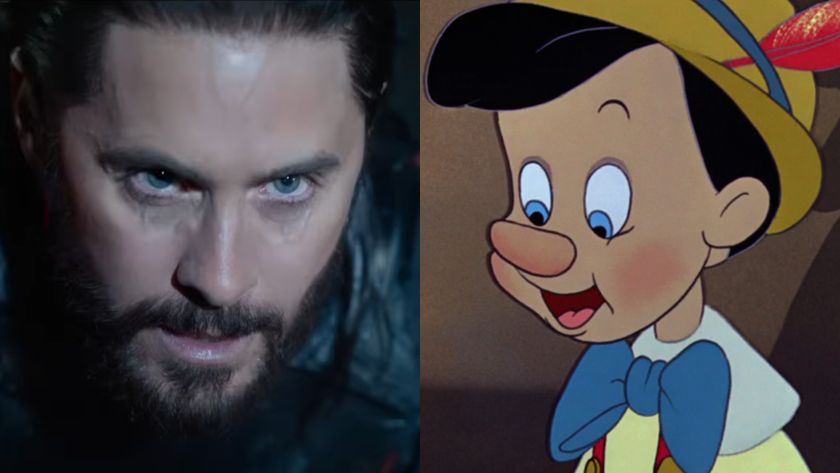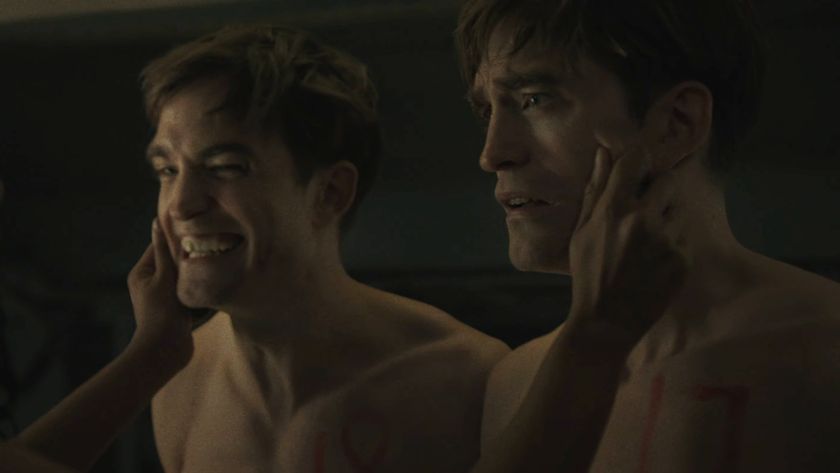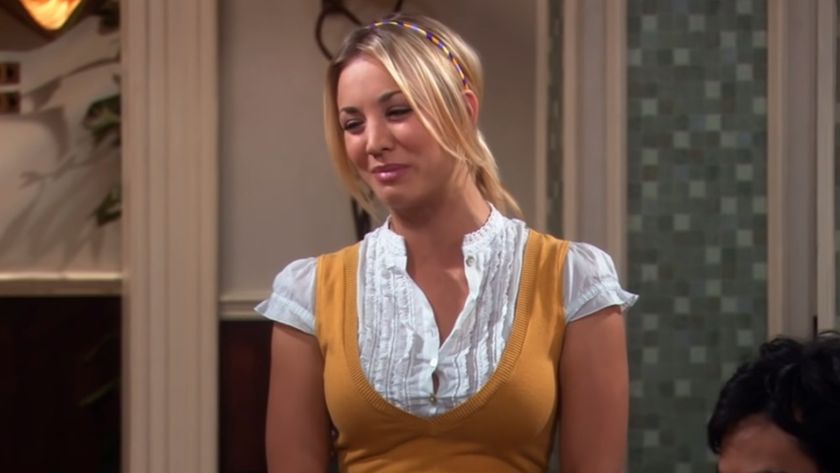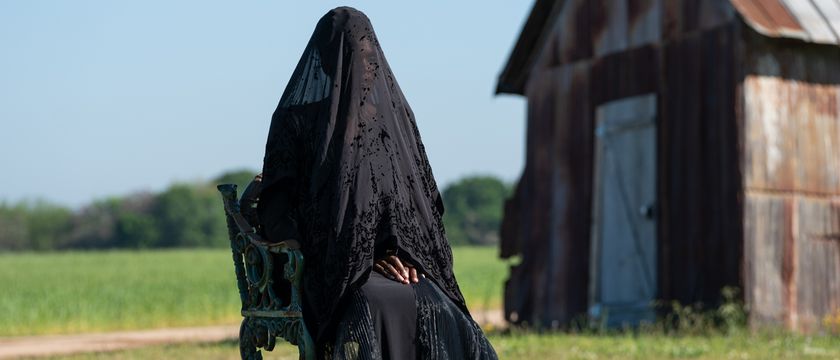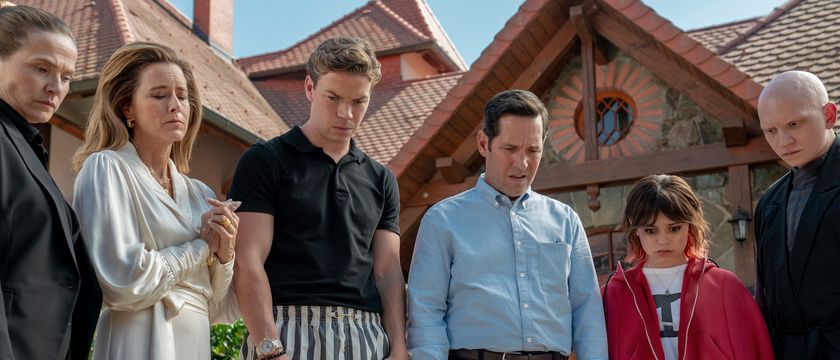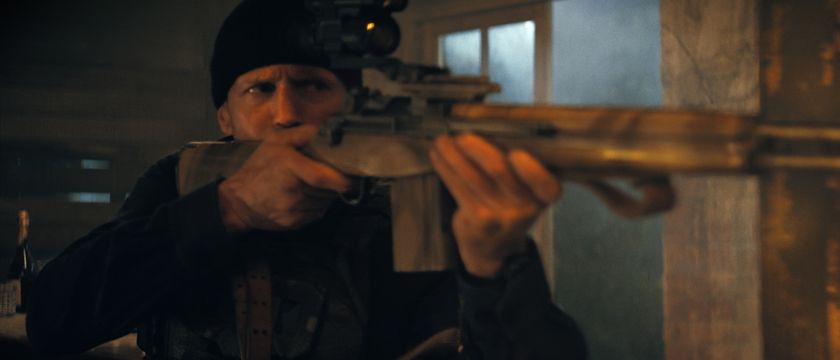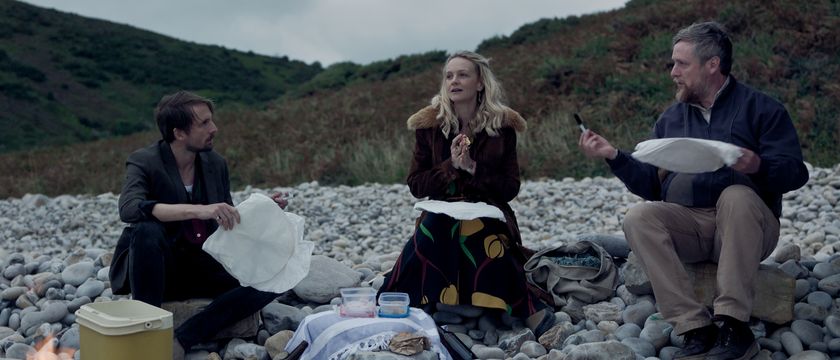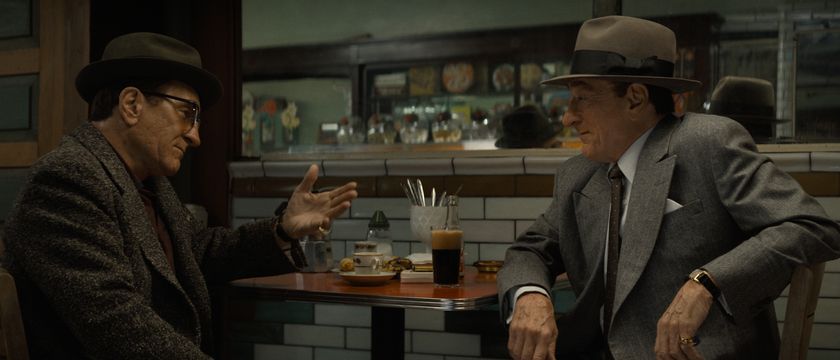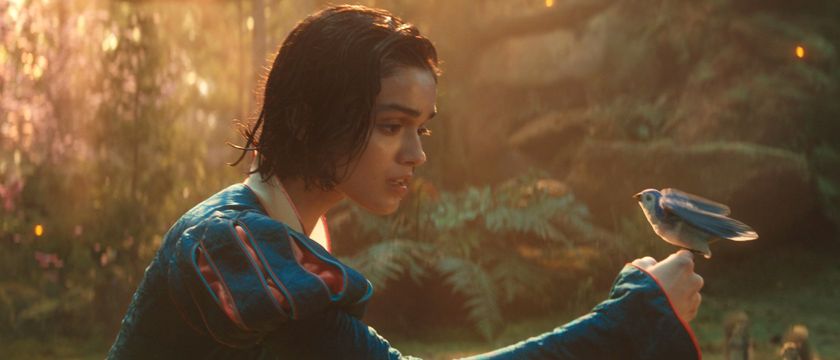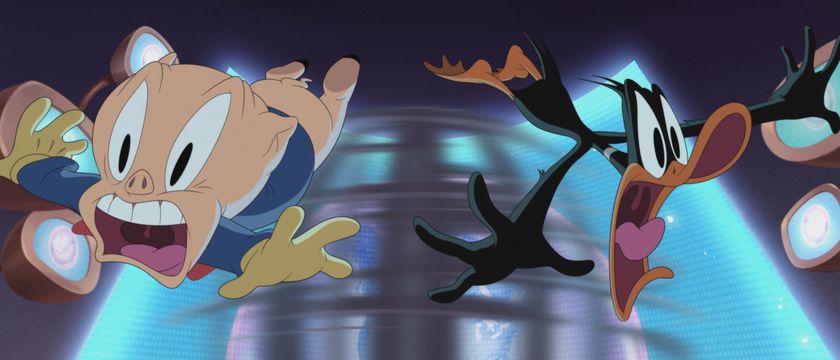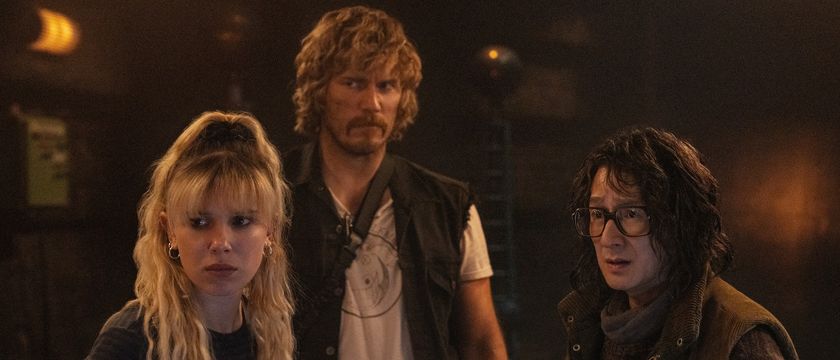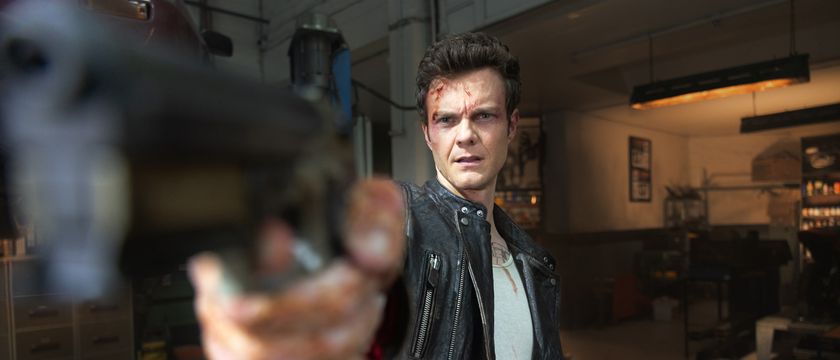Quentin Tarantino is without question one of the greatest filmmaker of the modern age. Over 20 years he has helped reinvent the crime genre, thrown traditional structure out the window, and created characters and shepherded performances that will never be forgotten. But with extreme talent and success comes high expectations as we come to Django Unchained, Tarantino’s eighth film (counting Kill Bill as one full feature). While the spaghetti western homage is packed with everything we’ve come to expect from the writer/director, from buckets of blood to crackling dialogue, ultimately it doesn’t fully deliver the spark we expect from him.
Much like Kill Bill and Inglourious Basterds, Tarantino takes us on another mission of revenge, and while the focus is a bit more narrow than the 2009 war epic, the story is just as explosive. Set two years before the start of the Civil War, the movie stars Jamie Foxx as titular Django, a slave freed from bondage by a German bounty hunter named Dr. King Schultz (Christoph Waltz). At first Django is only on board because he's the only person who knows the faces of three criminals that Schultz is hunting, but the two eventually recognize a bond between them and head off on a mission to rescue Django’s wife, Broomhilda (Kerry Washington), who is owned by the infamous plantation owner Calvin Candie (Leonardo DiCaprio).
Unlike Basterds, which takes gleeful joy in rewriting history, it’s actually a realistic approach to the antebellum South that makes Django such a powerful and, in a strange way, cathartic work. Tarantino holds back nothing – as he’s wont to do – in his portrayal of slavery’s cruelty, unabashedly showing unspeakable acts like brandings, whippings, beatings and even dog attacks. But it’s anything but gratuitous. By showing the true-life unspeakable acts that were committed against innocent people during that era, the director earns a powerful emotional response from the audience, making them beg for karmic resolution - and because this is a revenge story they get it in full force. Without the brutality we’d be cheering for Django getting his vengeance anyway, but by including it the movie actually gives you a sense of closure and personal satisfaction.
And keeping the audience firmly planted in the world are the extraordinary performances by the lead cast members. Appearing in just about every scene, Foxx brilliantly sells the lone bounty hunter cowboy role when needed, but is at his best when sharing scenes with his co-stars; he and Waltz have sparkling chemistry that allows for the friendship to be believable while also featuring humor and sweetness. And for all the scenery-chewing he does, DiCaprio gives one of the best performances of his career, embracing the outlandish Calvin Candie and having a blast with the material.
When Django Unchained falters, it's in the areas where Tarantino usually excels. After a fluid, great first act, the second--which follows Django and Schultz to Candie’s plantation and sets up the con that they plan to pull-- has lulls that would be inconceivable in other Tarantino films. Other scenes move far too quickly and are over before they start, particularly two of the final action sequences. This could partially be explained by the fact that this is the first time that the writer/director has worked with editor Fred Raskin after spending his entire career closely working with the sadly departed Sally Menke, but the problems come from the script as well.
While there’s no confusing the movie as the work of another director, it’s also oddly missing some of the casual Tarantino flair. He peppers in the occasional pulpy quick zoom and has some fun with chronology, but the auteur’s signature feels faded here. A monologue by DiCaprio about the “science” of phrenology is reminiscent of David Carradine’s Superman speech from Kill Bill Vol. 2 and Waltz’s musings on rats at the start of Inglourious Basterds, but is lacking some of the similar bite and wit in the writing. The movie is also loaded with amazing character actors, from Walton Goggins to James Remar to Michael Parks, but they are often gone just as quickly as they arrive, and some of them are even relegated to being glorified extras. Tarantino uses many of his best tools for Django Unchained, and while they do the job well for the most part they’re simply not as sharp this time out.
But even as one of his weaker efforts, Django Unchained still ranks higher than most of what comes out over the course of a year. Expectations aside, Django Unchained is a bold, fun, bloody ride with awesome performances, brilliant action, and a great story to tell - you know, a Tarantino movie.

Eric Eisenberg is the Assistant Managing Editor at CinemaBlend. After graduating Boston University and earning a bachelor’s degree in journalism, he took a part-time job as a staff writer for CinemaBlend, and after six months was offered the opportunity to move to Los Angeles and take on a newly created West Coast Editor position. Over a decade later, he's continuing to advance his interests and expertise. In addition to conducting filmmaker interviews and contributing to the news and feature content of the site, Eric also oversees the Movie Reviews section, writes the the weekend box office report (published Sundays), and is the site's resident Stephen King expert. He has two King-related columns.

